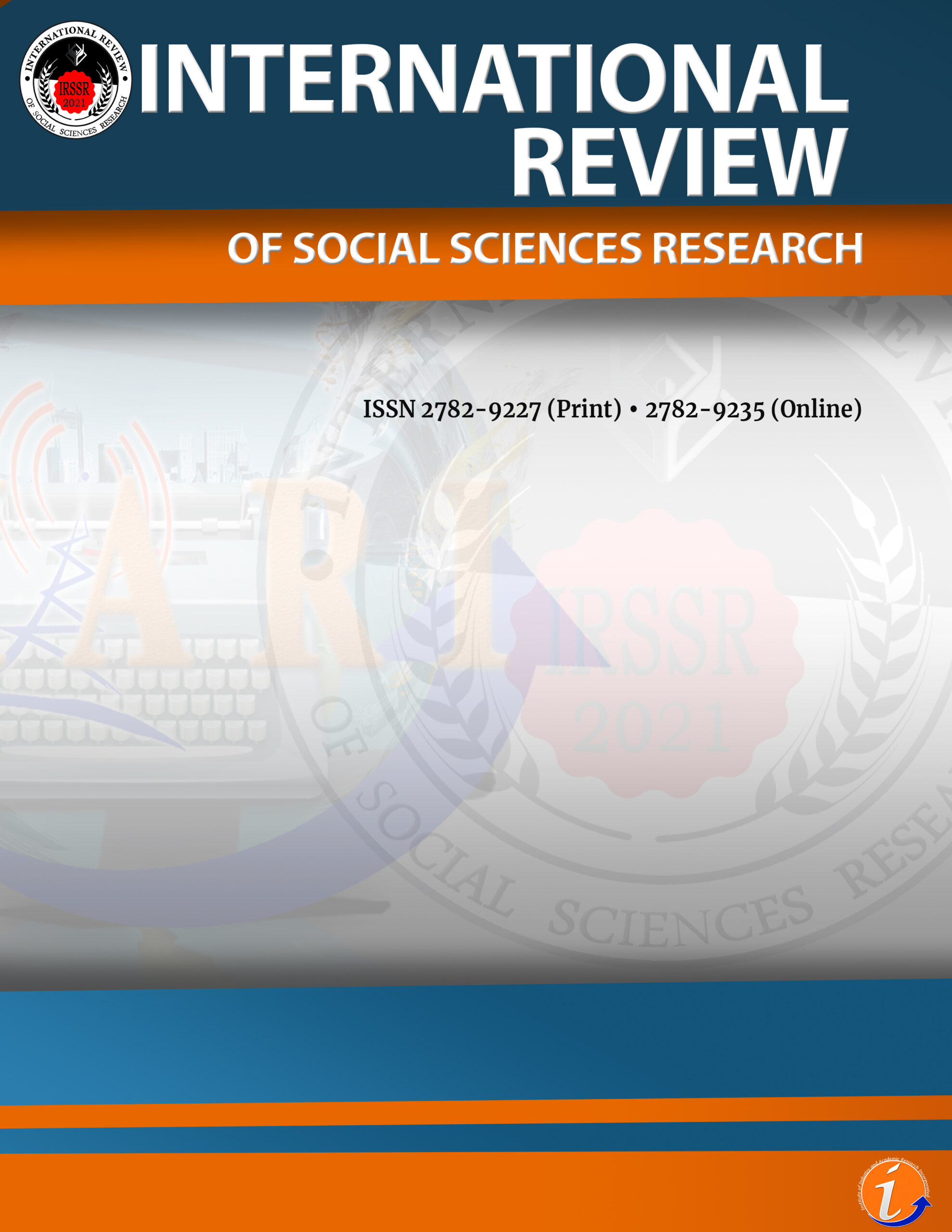The study aimed to determine the relationship between the emotional intelligence and leadership efficacy of the members of student body organization in Laguna State Polytechnic University- San Pablo City Campus (LSPU-SPCC). Through descriptive correlational research method, 80 student-officers were chosen using stratified random sampling. The research instrument was used to measure the respondents’ emotional intelligence and their level of leadership efficacy as to adaptability, personal skills, positivity, flexibility, and communication skills. To statistically analyze the data, Pearson r was used. The study findings showed that students have high level of emotional intelligence, high level of leadership efficacy as to flexibility and very high level of leadership efficacy as to adaptability, personal skills, positivity, and communication skills. Furthermore, there was no significant relationship between the profile of the respondents and their emotional intelligence. Similarly, no significant relations were recorded on the profile and leadership efficacy. However, there was significant relationship between emotional intelligence and leadership efficacy of the respondents. The results could serve as inputs to institutional leadership programs.
emotional intelligence, leadership efficacy, emotions, leadership
Hanna Jane H. Aquino. Students, Laguna State Polytechnic University, Philippines
Kerstine Jane Orozco. Students, Laguna State Polytechnic University, Philippines
Portia R. Marasigan. Associate Professor 5, Laguna State Polytechnic University, Philippines
Ainomugisha, G. (2018). The Importance of Emotional Intelligence in Leadership. https://inside.6q.io/emotionalintelligence-in-leadership/
Batool, B (2013). Emotional Intelligence and Effective Leadership. Superior University. https://citeseerx.ist.psu.edu/viewdoc/download?doi=10.1.1.652.8649&rep=rep1&type=pdf
Bester, CP (2014). Adaptable Leaders for the South African Army. CDA Press.
Bipath, K. (2008). The emotional intelligence of the principal is essential in the leadership of a functional school. The International Journal of Learning, 15:57–64.
Brown, C. (2014). The Effects of Emotional Intelligence (EI) and Leadership Style on Sales Performance. Economic Insights: Trends and Challenges, Vol. III (LXVI), No.3, pp. 1-14
Calarco, A. (2020). Adaptable Leadership. Center for Creative Leadership. https://files.eric.ed.gov/fulltext/ED606779.pdf
Cameron, K. (2013). Practicing positive leadership: Tools and techniques that create extraordinary results. San Francisco, CA: Berrett-Koehler.
Castillo, R. (2015). The Need for Emotionally Intelligent Leaders. Philippine Daily Inquirer. https://business.inquirer.net/186753/the-need-for-emotionally-intelligent-leaders
Doyle, A. (2021). Important Leadership Skills for Workplace Success. The Balance Careers. https://www.thebalancecareers.com/top-leadership-skills-2063782
Gaubatz, J. A., Ensminger, D. C. (2017). Department chairs as change agents: Leading change in resistant environments. Educational Management Administration and Leadership, 45, 141-163. doi:10.1177/1741143215587307
George, J. M. (2000). Emotions and leadership: The role of emotional intelligence.
Human Relations, 53(8), 53-58
Gilley, A., McMillan, H.S., & Gilley, J.W. (2009), Organizational change and characteristics of leadership effectiveness, Journal of Leadership and Organizational Studies, Vol. 16, No. 1, pp. 38-47.
Goleman, D.P. (1995). Emotional Intelligence: Why it Can Matter More than IQ for Character, Health, and Lifelong Achievement. New York: Bantam Books.
Fallon, H., et al. (2011), Engaging with leadership development in Irish academic libraries: some reflections of the future leaders program (FLP). The Australian Library Journal.
Foltin, A., Keller, R. (2012). Leading change with emotional intelligence. Nursing Management, 43, 20-25. doi:10.1097/01.NUMA.0000421675.33594.63
Fulton, J. (2019). 10 Interesting Characteristics of a Student Leader. Classcraft. https://www.classcraft.com/blog/characteristics-of-a-student-leader/
Hasson, G. (2012). Brilliant Emotional Intelligence: Harness the Power of Emotions, Succeed in All Areas of Your Life. Harlow: Pearson Life.
Heifetz, R. (2018). Adaptive Leadership – Know the Traits of Adaptive Leaders. Corporate Finance Institute. https://corporatefinanceinstitute.com/
Humphrey, R. (2002). The many faces of emotional leadership. The Leadership Quarterly, 13(5), 493-504. http://dx.doi.org/10.1016/S1048-9843(02)00140-6
Ishmaill, I. et al. (2012). “The Role of Emotional Intelligence on Job Performance” in International Journal of Business and Social Science, Vol.3, No.1.
Kagame, P. (2012). Great Leaders are Flexible. SIGMA Assessment Systems. https://www.sigmaassessmentsystems.com/
Lavery, S. and Hine, G. (2013). Catholic School Principals: Promoting Student Leadership Catholic Education: A Journal of Inquiry and Practice, 17(1), 41-66.
Landry, L. (2019). 8 Essential Leadership Communication Skills. Harvard Business School Online. https://online.hbs.edu/blog/post/leadership-communication
Miller, K.B. (2015). The Relationship between Emotional Intelligence Behaviors and Leadership Practices among Women Leaders in Education and Business Organizations. Unpublished Ph.D. Dissertion. The Philippines: Capella University.
Moore, B. (2009). Emotional intelligence for school administrators: A priority for school reform? American Secondary Education, 37(3), 20-28.
Nelson, J.K., Zaccaro, S.J. & Herman, J.L. (2010). Strategic information provision and experiental variety as tools for developing adaptive leadership skills. Consulting Psychology Journal: Practice and Research.
Ocampo, J. (2019). Emotional Intelligence and Leadership Trait among Master Teachers. Mimbar Pendidikan 4(1):2503-457. DOI:10.17509/mimbardik.v4i1.16970
Poonamallee, Latha et al. (2018). “Improving Emotional Intelligence through Personality Development: The Effect of the Smart Phone Application Based Dharma Life Program on Emotional Intelligence” in Frontiers in Psychology, Volume 9.
Quismorio, E. (2020). CSC offers course on emotional intelligence. Manila Bulletin. https://mb.com.ph/2020/02/14/csc-offers-course-on-emotional-intelligence/
Reh, J. (2020). Great Leaders Know How to Be Positive. The Balance Careers. https://www.thebalancecareers.com/leaders-are-always-positive-2275805.
Root, D. (2018). Why Effective Leadership Starts with Communication. Eagle’s Flight. https://www.eaglesflight.com/blog/why-effective-leadership-starts-with-communication.
Srivastava, K. (2013). Emotional intelligence and organizational effectiveness. Industrial Psychiatry Journal, 22(2), 97-99.
Stottlemyer, B. G. (2002). An examination of emotional intelligence: Its relationship to achievement and the implications for education. Dissertation Abstracts International Section A: Humanities and Social Sciences, 63(2-A), 572.
Youssef-Morgan, C.M., & Luthans, F. (2013). Positive leadership: Meaning and application across cultures. Organizational Dynamics, 42, 198–208. http://dx.doi. org/10.1016/j.orgdyn.2013.06.005
Cite this article:
Aquino, H.H., Orozco, K. & Marasigan, P.R. (2021). Emotional intelligence and leadership efficacy of university student leaders. International Review of Social Sciences Research, 1(4), 1-22. https://doi.org/10.53378/352083
License:
![]()
This work is licensed under a Creative Commons Attribution (CC BY 4.0) International License.










